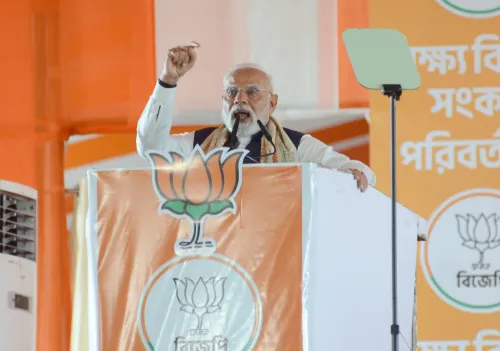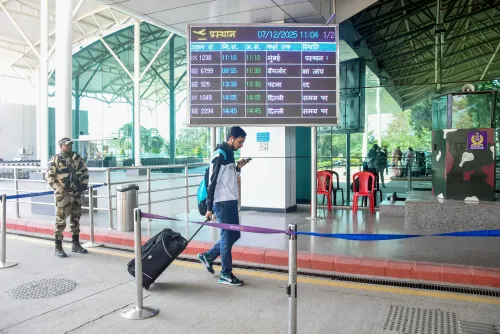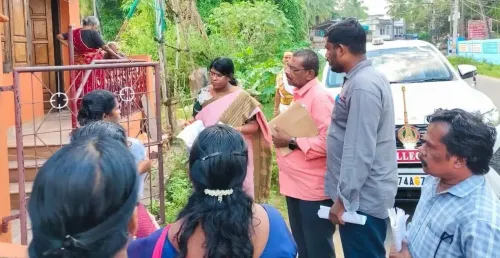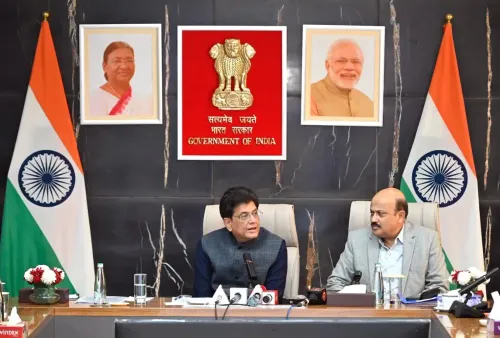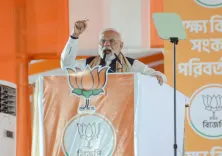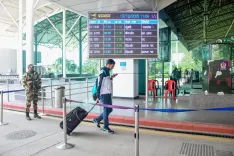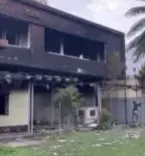Will the Last 116 Villages in Delhi Receive Piped Cooking Gas by Year-End?
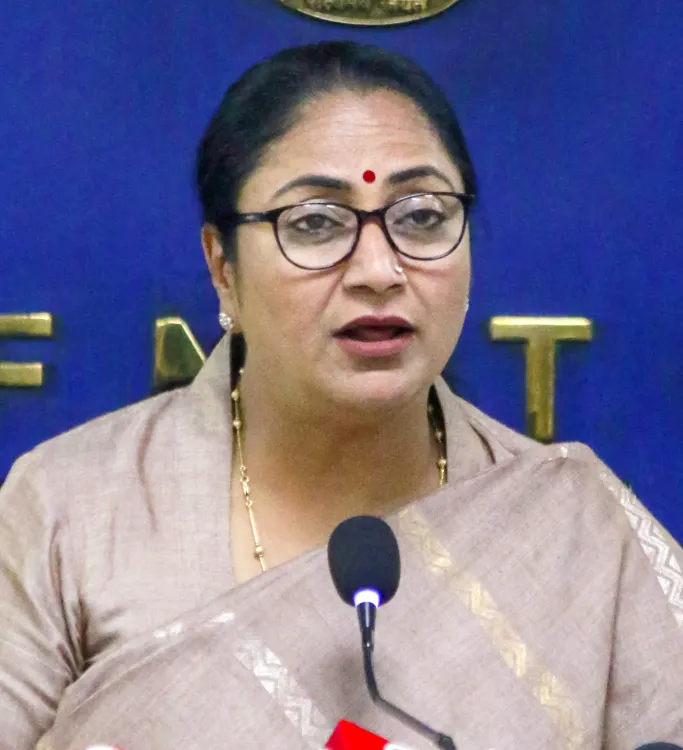
Synopsis
Key Takeaways
- 116 villages in Delhi will receive piped gas by year-end.
- Over 13,000 km of gas pipeline now in the city.
- Piped gas improves health and reduces pollution.
- Government initiatives include 300,000 rooftop solar units.
- 400 e-buses have been recently introduced.
New Delhi, May 15 (NationPress) Chief Minister Rekha Gupta announced on Thursday that the final 116 villages in Delhi lacking piped cooking gas will receive this essential service by the end of the year, ensuring comprehensive coverage across all villages in the capital.
Previously, Delhi's Lieutenant Governor Vinai Kumar Saxena and the CM jointly inaugurated the Piped Natural Gas (PNG) supply to 111 villages during a ceremony held in Dwarka.
CM Gupta elaborated that the introduction of piped gas connections in Delhi, as part of the second phase aimed at extending gas pipeline services to villages, signifies a transformative step for the households in these areas.
“The 116 villages still without piped gas will also receive the service by the end of this year,” she stated, noting that a total of 130 villages had already been connected in the first phase.
With the addition of the 111 villages receiving gas on Thursday, the total length of the gas pipeline in the city has now reached 13,000 km.
“The supply of piped gas is set to enhance women's health and mitigate environmental pollution,” she emphasized.
Reflecting on her experience, she mentioned, “As a homemaker, I faced issues with the abrupt depletion of cooking gas in LPG cylinders,” adding that piped gas will eliminate such challenges for villagers.
She remarked that prior to 2014, even basic facilities were inaccessible to the impoverished, leading to Prime Minister Narendra Modi announcing the Ujjwala cooking gas scheme from the Red Fort.
Highlighting the government's green initiatives, Gupta also affirmed plans to install up to 300,000 rooftop solar plant units and noted the recent launch of 400 e-buses.
In his address, LG Saxena mentioned resolving delays in obtaining the no-objection certificate (NoC) for IGL to facilitate the swift expansion of the gas pipeline.
Urban Development Minister Ashish Sood underscored how the new facility would eliminate the polluting smoke produced by homes that rely on traditional fuels like wood and coal for cooking.
“This exemplifies CM Gupta’s commitment to realizing PM Narendra Modi’s vision for empowering women and protecting our environment,” Sood remarked, calling it a historic milestone.
He referenced a UN survey indicating that by 2022, approximately 30% of the rural population in Delhi depended on smoke-emitting traditional cooking fuels.


